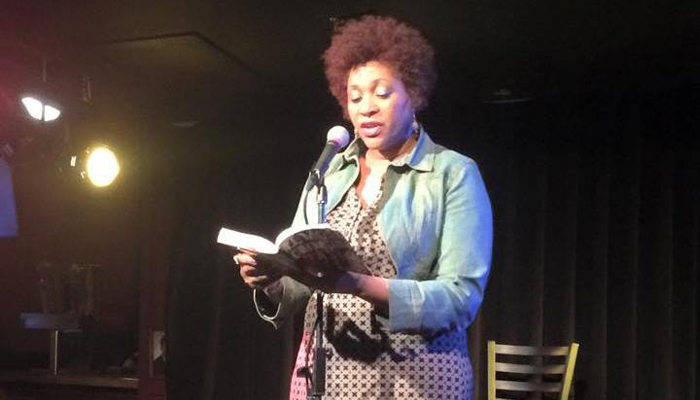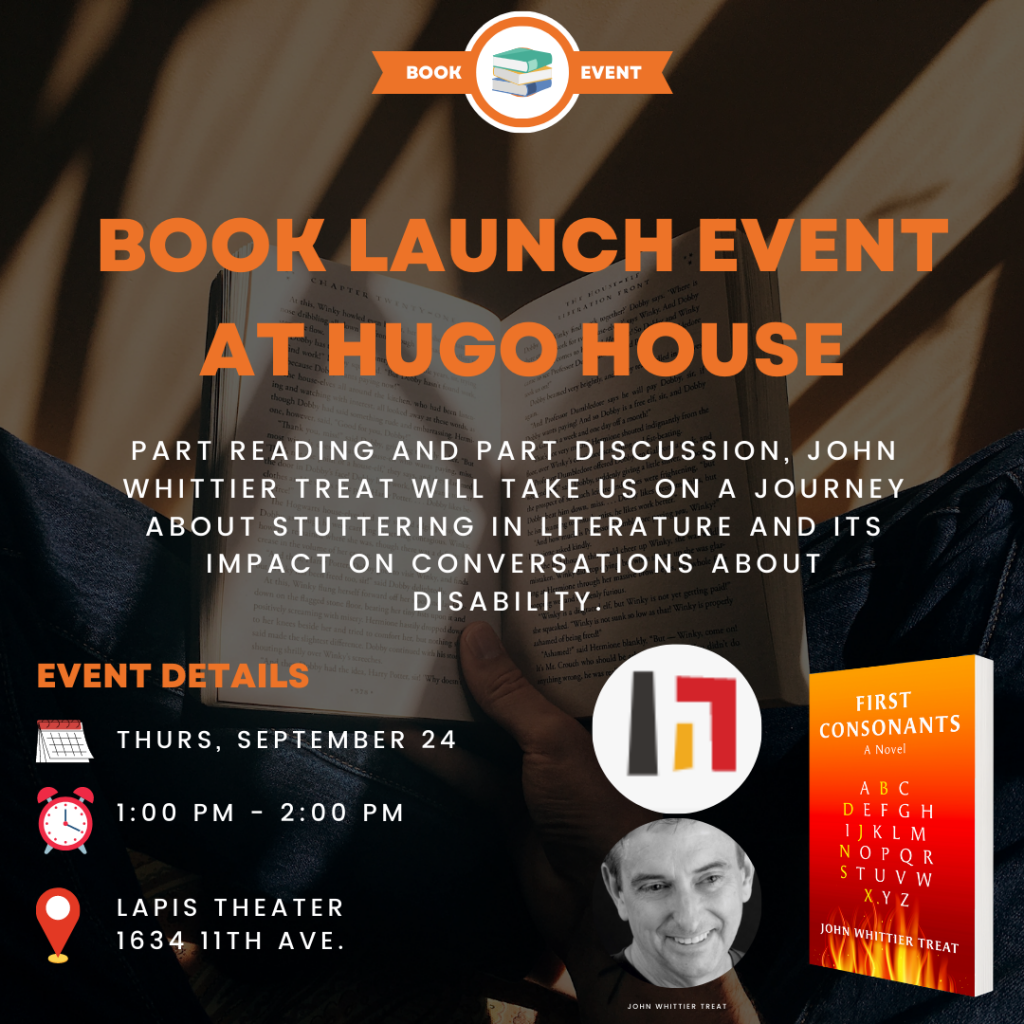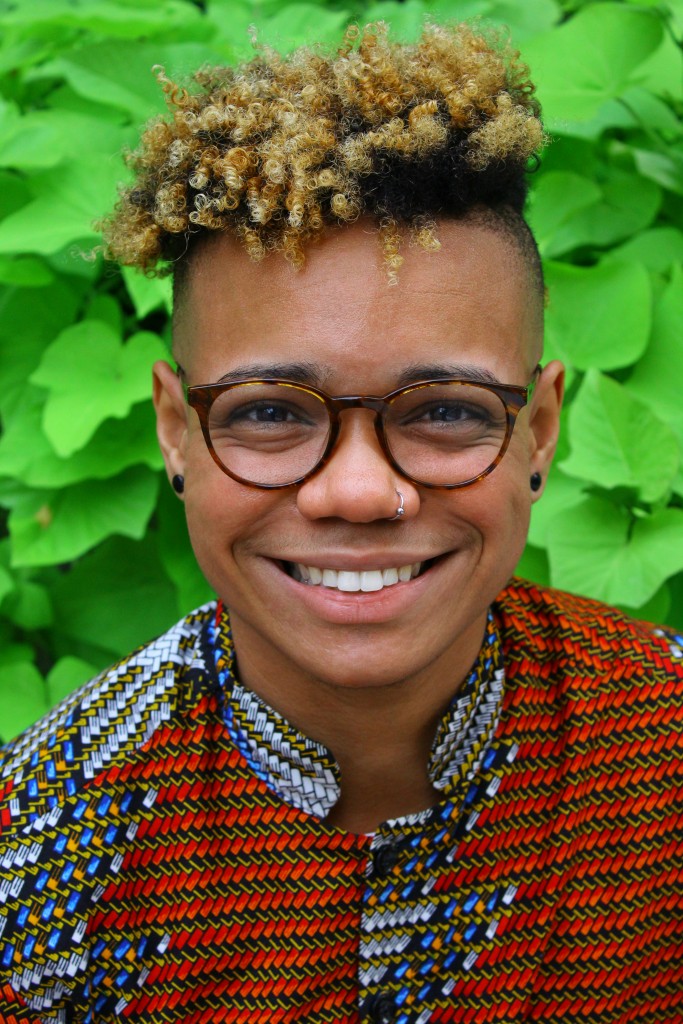I’m not sure when it happened, when my words fell away from ordinary, peeling away sneakers to don ruby slippers, starting requesting lemon zest and garnish. I don’t know, exactly, when my words were made to hang back in the green room waiting for a green light to shine.My words don’t think twice about being seen without makeup, in sweatshirts and jeans. They miss racing one another down to sheets of paper, squealing and breathless until they tumble and fall into unexpected formations. My words spend too much time standing around these days, clustered into genres, waiting for invitations to arrive. They are social creatures but miss their quiet time, too. My words need to sprawl across clean pages, even to find themselves crumpled and tossed away sometimes. They are not all destined for posterity, but each mark a heartbeat in this world.
This is the grandeur of their humility. My words don’t mind posing in display cases or smiling into a lens, but they are weary of being thrown into dance routines and cinched at the waist with corsets. They don’t need office hours or handlers, Egyptian cotton or candy dishes picked free of green M&Ms. My words don’t need whole bean coffee or fair trade chocolate or chicken wings with six exotic sauces.
My words remember the landscape before our ideas got gentrified. They are homesick for meandering, deadline-free afternoons. My words know that they are loved. They are unfamiliar with fear, but recognize its acrid fumes. They are commissioned, each and every one, to soldier gruesome conflicts. My words are complex in their simplicity. Graceful in their strength. Unassuming in their power.
They are unafraid of expectation, and not guaranteed to assemble themselves into solutions. My words know how to be silly. Foolish. Haughty. Wicked. Even raunchy. My words do not always behave.
They don’t require reason or rhyme, just space. Not a stage or a two page spread, just space. Whether they file into dense and determined rows or pirouette into limber arcs, they only need space so they can breathe. My words only want to breathe. Breathe. Breathe. Breathe.
They’re just words. Letters bonding into cliques. Sentences falling into flash mob formations. Paragraphs pledging solidarity on the page. And they have always been the boss of me.
I’ve been held together by words, pulling them into me like breath, since I was 10. Although I don’t suspect many of my elementary school classmates were also spending their summers with a typewriter, it wasn’t until college that I recognized writing as a gift and not an innate skill. Back then, my attachment to writing was merely affection. Writing professionally had never, not once ever, crossed my mind. I was double-majoring in Corner Office and Fat Rolodex and had absolutely no frame of reference for the absurd notion of pursuing a committed relationship with my words.
I still scribbled stories. They were a mental release from project papers, my way to relax. Through graduation and into the adult world, writing persisted as a hobby I liked to keep handy, right next to the deck of playing cards, watercolor brushes and beat-up Scrabble board.
In my day-to-day conversations, however, my passion for words — those sexy and sublime words — blazed at the world fiery and blatant. I’d spent so many years feeling misunderstood as a kid (perhaps the summers with the typewriter didn’t help), framing myself and my thoughts in metaphors and analogies became second nature. Digging into my vocabulary became an exercise in precision, not pretention. Once, on a date, I was in the middle of what I thought was a hilarious and riveting story when he interrupted to ask the definition of “conniption.”
“It means having a fit,” I said.
After a frustrated pause he asked, “So why didn’t you just say ‘having a fit’?”
I tried to explain how the hard consonant was suited for the compound sentence, about the rhythm of its clipped second syllable, how the word prompted you to prepare for a turn in the story. Of course, I didn’t have any of this language. I could only insist that “conniption” worked better. Subsequently, he could only presume that I was an ass.
Somewhere along the way, my private affair with writing went public. Words escaped the tower of my imagination, shimmying down to find their way into books, onto computer screens and in front of live audiences. From sharing one story with one friend nearly 20 years ago, I now find myself compelled to share all of my best work with the planet.
Ignorance, however, is truly a delicious kind of bliss.
Once I committed to my words and started answering to the title “writer,” I haven’t approached my words with the same ease. When I simply had a crush on words, I could sit the computer and devote an entire afternoon to a story that was only destined for a file folder. I could pick up my journal and find epiphanies through poems that would never meet printer’s ink or a microphone.
In boldly parading our union to the world, I find myself pressing my words through unforgiving filters. Partly, it’s the reality of paying bills, raising children, and consuming more leafy greens that makes me so discerning about the time I allow for writing. Partly, it’s the humility in knowing that lightning bolts in the shape of publishing contracts might never strike. Mostly, I’m guilty of objectifying my words, of only spending quality time when there’s someplace special for us to go. Long ago, when I didn’t know any better and no one knew about my words, things were different. Organic. Easy.
A dear friend once confided in me about challenges he’d been facing in his new marriage. He and his wife had shared an incredible connection when they were dating so I was surprised to learn they were struggling as newlyweds. Their breakthrough happened, he said, when his wife turned off the movie they were watching and told him to leave the house. She demanded that he meet his boys at the bar, like he used to. Stay out until the wee hours that night, like he used to. Come home to consume her with gluttony and abandon, like he used to.
“I thought being a husband meant I wasn’t supposed to go out with the fellas anymore or get pissy drunk or pull her hair during sex,” he said. “There are new rules for all that, but I realized I was trying to live a title instead of living my life.”
I think of them these days, ticking off more than a dozen wedding anniversaries by now. I, too, have allowed a title to commandeer the relationship with my writing. Now that we’re official, and accumulating concerns about submissions, commissions, agents, queries and such, it’s like I don’t know how to love on my words the way I used to. It’s like I’m afraid to mess up something I’ve been doing my entire life.
I need to balance the work of being a writer with the whimsy I remember. My intelligent self understands that everything I write won’t produce a paycheck, opportunities, or applause. My spirit yearns to sink guiltlessly into that scrumptious in-between space, where stories and poems are simply a byproduct of the sheer love for writing.
My words have always shown up for me and I am committed to return myself to a space where I can show up with the same selflessness. Yes, in the grand scheme of poverty, intolerance, food deserts, and roving the surface of Mars, these are just words. But I owe them so much more than that.





